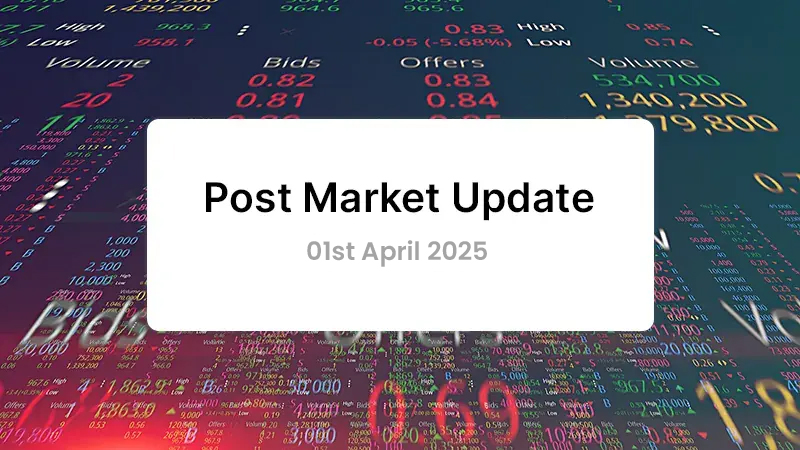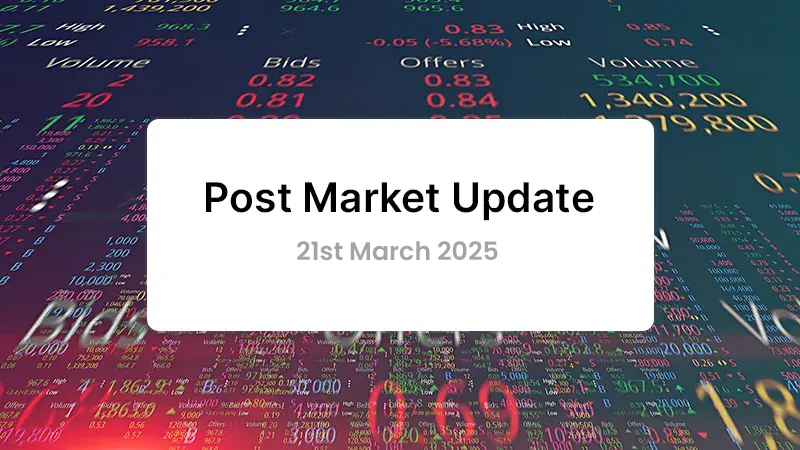
Vodafone Idea recently raised nearly Rs. 18,000 crores to pay off its debt. While this move is a relief for the Indian telecom market, preventing it from becoming a duopoly with just Airtel and Jio, it also benefits another major player: Indus Towers. Vodafone Idea owes substantial amounts to Indus Towers, one of its key vendors. Moreover, Vodafone Group is looking to sell its entire $2.3 billion stake in Indus Towers through the stock market, as reported by media sources.
Vodafone Group has recently increased its stake sale in Indus Towers to nearly 18%, up from the originally planned 10%, reflecting its strategic positioning in the Indian telecom market. Currently, Vodafone holds a 21.5% stake in Indus Towers and intends to use the proceeds from this sale to reduce its debt, according to a Reuters report. In 2022, Vodafone announced its plan to sell its entire stake in the Indian firm.
The stake sale in Indus Towers by Vodafone Group has several implications for Vodafone Idea (Vi). As a major shareholder in Indus Towers, Vi could benefit from the increased valuation resulting from the stake sale, positively impacting its financial position. If Vi utilizes the proceeds to reduce its debt, it could improve its liquidity and financial stability. Vi’s reliance on Indus Towers’ infrastructure for network coverage means any changes in Indus Towers’ ownership or operations could impact Vi’s network quality and reach.
Whats’s the role of Indus Towers in the Telecom Industry?
Indus Towers plays a crucial role in the telecom sector by providing and managing the necessary infrastructure for telecom operators. It sets up telecom towers and rents out this infrastructure to operators, allowing them to add their own equipment without the need for duplicative tower setups. This model reduces capital expenditure for telecom companies and promotes efficient resource utilization.
Drivers for the Tower Industry
Rural Expansion: Telecom operators like Airtel are expanding their rural operations, necessitating more towers to meet connectivity needs in remote areas.
5G Rollout: The ongoing rollout of 5G technology requires a higher density of towers, even in urban areas, benefiting companies like Indus Towers.
Vi’s Revival: Vodafone Idea’s revival, supported by fresh funding, provides an additional tenant for Indus Towers, ensuring a diversified client base beyond just Airtel and Jio.
Vodafone’s decision to increase its stake sale in Indus Towers is a strategic move aimed at managing its extensive debt. This decision is part of a broader strategy to streamline its operations and focus on core markets. For Vodafone Idea, this could mean improved financial health, allowing it to reinvest in its network and services, thereby enhancing its competitive position in the market.
Indus Towers and the Shared Infrastructure Model
The shared infrastructure model adopted by Indus Towers has been instrumental in reducing costs for telecom operators. By setting up and maintaining a network of towers, Indus Towers allows multiple telecom companies to use the same infrastructure, avoiding the need for each operator to build its own towers. This model not only reduces capital expenditure for telecom companies but also promotes efficient resource utilization.
Challenges and the Competitive Landscape
Despite its significant role in the telecom sector, Indus Towers faces several challenges. The competition from both domestic and international players is intense. Emerging domestic competitors include Tejas Network, Sar Televenture Limited, Anant Raj Limited, Suyog Telematics Limited, and ITI Limited. Internationally, companies like AT&T, China Tower Corporation, Crown Castle, and American Tower pose competitive threats. Increased competitive intensity has led to a drop in average rental revenue per tower for Indus Towers.
The future looks promising for the telecom and tower industries, driven by several key factors:
5G Network Expansion: The deployment of 5G networks requires a higher density of towers, providing significant growth opportunities for tower companies.
Rural Connectivity: Expanding telecom services to rural and remote areas is a priority for many operators, necessitating the establishment of new towers.
Government Initiatives: Government initiatives aimed at improving connectivity in border areas and other underserved regions will further boost demand for telecom infrastructure.
Conclusion
The telecom and tower industries are undergoing significant changes, driven by technological advancements and strategic realignments by major players. Companies like Indus Towers stand to benefit from the increased demand for connectivity and infrastructure, despite facing competitive challenges. The evolving landscape presents both opportunities and challenges, making strategic management and investment crucial for sustained growth and stability in the sector.
The anticipated growth in the global telecom tower industry, from $69 billion in 2023 to $120 billion by 2030, underscores the critical role of infrastructure in the telecom sector. The expansion of 5G networks and the drive to improve connectivity in remote areas are key growth drivers. As the industry evolves, companies like Indus Towers must navigate competitive pressures while capitalizing on new opportunities to maintain their leadership in the market.
Market this week
| 18th June 2024 (Open) | 21th June 2024 (Close) | %Change | |
| Nifty 50 | ₹ 23,571 | ₹ 23,501 | -0.3% |
| Sensex | ₹ 77,235 | ₹ 77,210 | 0.0% |
- The Indian market ended higher for the third consecutive week, hitting fresh all-time highs due to strong buying from FIIs.
- The market experienced high volatility due to weak monsoon progress and mixed global market signals.
Among sectors, Nifty Bank index gained more than 3 percent, Nifty Information Technology index up nearly 2 percent, and Nifty Metal index up nearly 1 percent. However, Nifty Auto index slipped 2.5 percent, Nifty FMCG index shed 2 percent, Nifty Oil & Gas and Pharma indices down 2 percent each. - FIIs bought equities worth Rs 2,030.83 crore.
- DIIs bought equities worth Rs 6,293.38 crore
Weekly Leaderboard
| NSE Top Gainers | NSE Top Losers | ||||
| Stock | Change (%) | Stock | Change (%) | ||
| ICICI Bank | ▲ | 4.8 % | Hero MotoCorp | ▼ | (6.1) % |
| Axis Bank | ▲ | 4.8 % | Infosys | ▼ | (5.2) % |
| HDFC Bank | ▲ | 4.3 % | Kotak Mahindra Bank | ▼ | (5.0) % |
| Adani Ports & SEZ | ▲ | 3.8 % | TATA Consumer | ▼ | (4.1) % |
| Kotak Mahindra Bank | ▲ | 3.4 % | ITC | ▼ | (3.7) % |
Stocks that made the news this week:
- Vodafone Idea’s shares rose by around 4 percent following a report that the telecom service provider had fulfilled its 5G rollout obligations in all circles. The company holds 5G spectrum in 17 circles and has successfully met the rollout requirements in both spectrum bands. Additionally, the Department of Telecommunications conducted network testing for Vodafone Idea in both bands, confirming the completion of these obligations.
- India’s largest private sector lender and index heavyweight, HDFC Bank, has seen its shares surge by 6 percent over the past 10 days, ahead of its June shareholding data release expected by early July. This performance outpaced other private lenders such as ICICI Bank, Axis Bank, and Kotak Mahindra Bank, which rose up to 4 percent during the same period. With HDFC Bank’s current weight in the MSCI Emerging Markets (EM) index at approximately 4 percent, analysts expect significant price movements in anticipation of the MSCI EM index rebalancing set for August.
- Indian IT stocks remained resilient, with shares of TCS, Infosys, HCL Technologies, Wipro, and LTIMindtree rising over 1 percent each, despite Accenture narrowing its FY24 revenue guidance due to macroeconomic uncertainties. Analysts view Accenture’s Q3 results as slightly positive for domestic IT stocks, citing a rise in small deals and a rebound in consulting growth. This year, shares of Tech Mahindra and Wipro have surged up to 9 percent, while Infosys and TCS have declined by up to 1 percent, compared to an 8 percent rise in the benchmark Nifty 50 index














